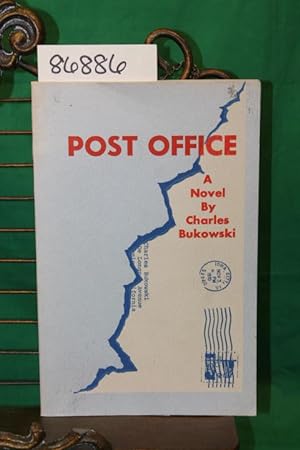
There he meets Vi, a colleague from the post office, and they have an unsuccessful one-night fling because he is too drunk to perform.Īfter this unfortunate night, Henry enjoys brief success at the track, giving him a taste of the high life. After, Henry goes to the race track, having found that he is luckiest right after a funeral. Betty drinks herself to death with alcohol they had received for Christmas and Henry is left to help her sons with the funeral arrangements. Henry and Betty get back together briefly and tragically. He moves out and does not contest the divorce.

After a fleeting stint with another mundane job and equally typical supervisor, he is served with divorce papers from Joyce who wants to leave him for someone she met at work. He enjoys small-town life in Texas, but eventually follows her back to Los Angeles. Part 2 Henry then marries a “beautiful, oversexed, rich and crazy Texas girl” named Joyce. Pretty soon afterwards he quits this job and Betty kicks him out. The daily grind of delivering mail in the rain, and dealing with dogs and crazy people, affects Chinaski both physically and emotionally. His supervisor, The Stone, is an archetypal villain with a god complex and uses his connections with higher ups to hold power over Bukowski and the other newbies. He goes on to take the exam to become a regular mail carrier. Henry becomes a mailman accidentally after signing on for an allegedly “easy job helping to deliver Christmas cards”. Part 1 With Betty, his “shackjob,” he drinks away their income in an open relationship.


The story follows Chinaski, a middle aged alcoholic, through his daily life of mundane work, drunken escapades and gambling stints while he somehow manages to maintain a sense of superiority over everyone around him.

Post Office by Charles Bukowski is a semi-autobiographical narrative of Henry Chinaski, Bukowski’s literary alter-ego.


 0 kommentar(er)
0 kommentar(er)
